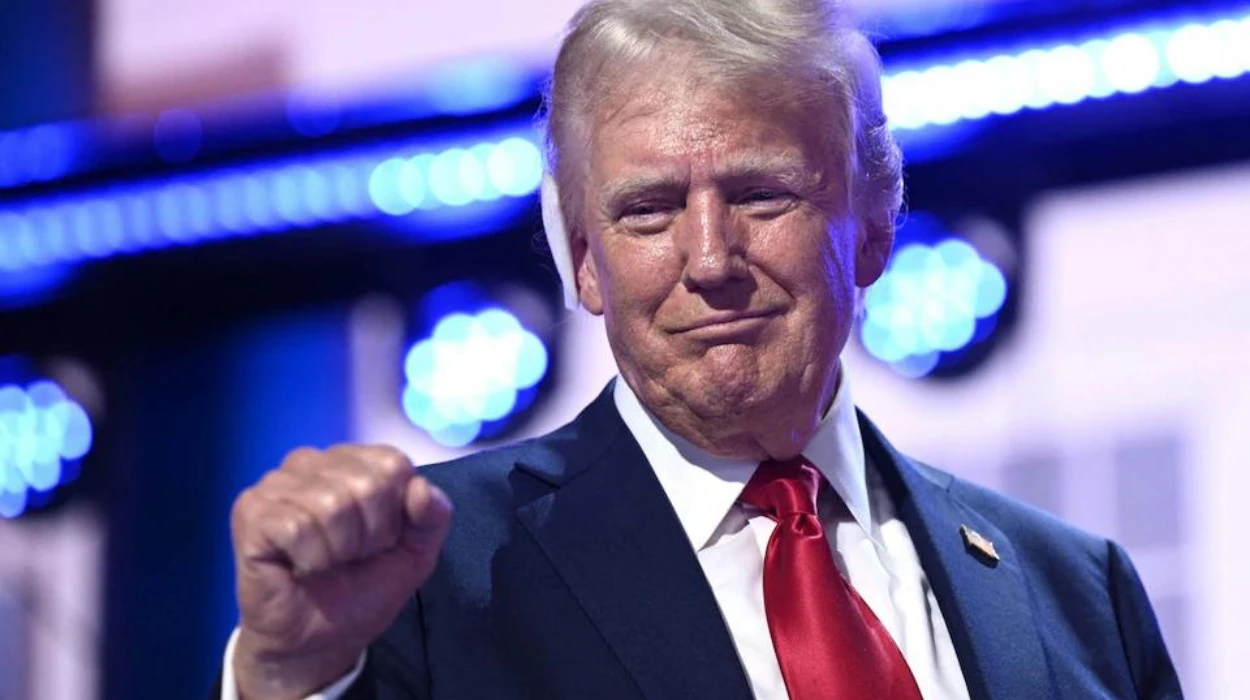USA (Washington Insider Magazine) – With Donald Trump widely considered a strong contender for the US presidency after surviving an assassination attempt, analysts are divided on the economic impact of a potential second term. Some fear a destabilizing global economic downturn reminiscent much like the 1930s, might even end in another world war, while others believe that Trump’s “America First” approach could encourage other nations to develop their economic solutions, leading to a more balanced global economy.
Speculations and Uncertainties
The specifics of Trump’s potential economic policies remain largely speculative. Trump has made significant tariff proposals that are very similar to the 1930 Smoot-Hawley Tariff Act. The contemporary global economy is very different from that period, with no recent systemic banking collapse or stock market disaster, even though this raises concerns about potential economic consequences.
Policy Proposals and Ambiguities
According to Telegraph, Trump’s campaign includes controversial proposals such as mass deportation of illegal immigrants, extending previous tax cuts, reducing corporate taxes, and reversing Joe Biden’s green policies. However, these policies lack detailed plans, and the Trump campaign has focused more on personality and cultural issues than specific economic policies. Efforts to clarify these policies, such as a 20-question inquiry from the Associated Press, remain unanswered.
Pragmatism vs. Predictions
Reflecting on Trump’s first presidency, many of the dire economic predictions did not materialize. The US economy and stock market thrived despite initial fears. Wall Street figure Jamie Dimon has acknowledged some of Trump’s successes, suggesting that a pragmatic approach might mitigate current concerns.
The Role of the UK
In the context of a potential second Trump presidency, the UK’s strategy will be crucial. Despite ideological differences, establishing a pragmatic dialogue between UK Prime Minister Keir Starmer and Trump could be beneficial. The UK’s ambassador to Washington, Karen Pierce, has already facilitated communication, highlighting the importance of maintaining strong relations.
Trade and Economic Strategy
While a comprehensive free trade deal with the US remains unlikely, the UK already enjoys a favorable trading relationship with a significant trade surplus. Preserving and defending this existing relationship should be a priority. The UK’s role as a bridge between Europe and the US, reminiscent of its pre-Brexit position, could be advantageous in navigating the shifting geopolitical landscape.
Conclusion
Regarding a second Trump administration, speculations range from optimism about practical leadership to dread of an economic catastrophe. To maximize possible gains, the UK will need to be able to adapt and retain strong international partnerships. The UK’s strategic positioning could be crucial in reducing risks and maximizing opportunities as the geopolitical and economic climate changes.


























